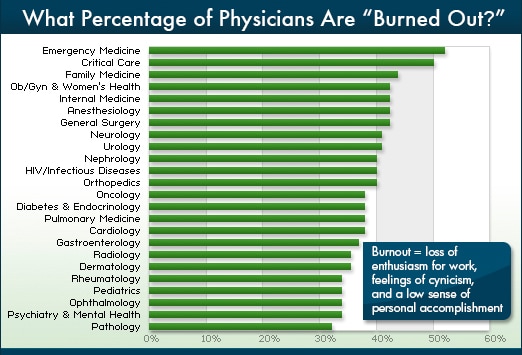Hahahaha Bronx you liar...
A day in the life of IM: Rush in to work around 6:30am, run up and down stairs (because elevators are just too slow) to find your 8 patients. Print out all patients. Track down each nurse to get a quick report. Grab the chart and read through it for any overnight events. Check the computer - running slow - for vitals and lab results. Scribble those down fast. Time is ticking because you have 30 minutes left before your team expects you to be at the resident's lounge at which point you're expected to know everything about each patient. 8 divided by 30 gives you a little under 4 minutes per patient. "You idiot, you should have arrived by 6:00am but you're too exhausted." You round with your team at 7am. You're 2 minutes late to and they let you know you're 2 minutes late. The team goes through all 20 patients in a rather faster-than-comfortable manner. By 8am you're back on your feet running up and down the stairwells to place orders, make phone calls, write notes, don't forget to place your consults first in 5 different ways because GI consults requires a separate form from Cards remember? Today you're "long call" so you accept new patients up until 10pm. Your pager beeps. New patient. You run up to see the new patient. It takes 45 minutes to talk to family, interview the patient, write orders, talk to nurse. Pager beeps again. New patient. You run down the stairs to see the new patient but, oh no, pager beeps. Please clarify your orders to the pharmacy. "Order of bactrim ds needs ID's approval." Now you have to see a new patient, page ID and talk to them, and see current patients. Wait, it's 10:00am, time for rounds with attending. you look stupid in some strange way. Now it's 11:55am. Lunch time. Should I eat today, or keep working? Maybe that old candy bar from yesterday is still in my pocket. It is! Nice! Keep working.... repeat this regimen until 6pm but include all the hassles of discharging patients too. It's 6pm. Now you just hang out and wait for your pager to beep for new intakes. Pager beeps. New patient. Pager beeps, New patient. It's 9:45pm but you have to finish up your new intake. Ok. done by 10:30pm Now I go home. Be sure to wake up 30 minutes earlier to get to work by 6am tomorrow Idiot. Repeat for 3 years.
A day in the life of a psych resident: Arrive by 8:30am. I'm 10 minutes late, but nobody cares. I round on my 5 patients who are all in the same locked ward and make it to rounds by 9:15am comfortably. Around 10:30am rounds end. Attend to the orders, notes, and the rare consult for those patients. Go to lunch. Eat for an hour. Back around 1pm. Continue my work on the 5 patients. Discharged one. Down to 4. Tomorrow I'll be back to 5 patients. Done by 4:30 or 5pm. Home. Repeat for 1 year. Next year it's outpatient office work and hospital consult work.
Now, you tell me which one is borderline easy?


